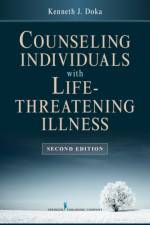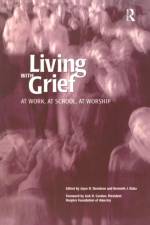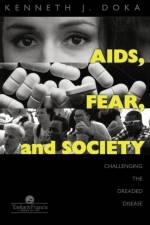von Kenneth J. Doka
93,00 €
Counseling Individuals with Life-Threatening Illness provides a practical guide for counselors who work with clients and families impacted by life-threatening illness. The language and content are appropriate for undergraduate and graduate courses, as well as workshops and trainings for professionals....As the healthcare system continues to evolve, Counseling Individuals with Life-Threatening Illness is a valuable resource for counselors as they find themselves working on interdisciplinary teams with individuals and families impacted by life-threatening illness."--The Professional Counselor Journal With characteristic clarity, Doka draws on the classic and contemporary literature as well as his own pedagogy and practice in death and dying to offer orienting concepts for the whole spectrum of care people may require when illness intrudes into their lives. For each phase of the illness trajectory...he offers intelligent attention to the problems and prospects people confront, and in countless examples of actual clinical situations he brings to life the concepts that inform compassionate care. From the Foreword by Robert A. Neimeyer, PhD University of Memphis This book would provide a very good introduction to the psychosocial and spiritual domains for any doctor or nurse coming into palliative care. It provides a lot of information, mixed with some distilled wisdom, as well as a solid grounding about how to relate to these patients and their families in a patient-centered way."--IAHPC Newsletter (International Association for Hospice and Palliative Care) This holistic, family-centered guide to counseling individuals with life-threatening illness considers not only the physical manifestations of the illness, but its psychological, social, economic, and spiritual implications. Revised and updated to reflect the most current research and enhanced theoretical development, this second edition encompasses new therapies that enhance meaning-making at life's end, and offers expanded sections on counseling families during the illness and as they grieve. One of the book's most significant changes involves the adaptation of a model of concurrent care. This model of care has great implications for end-of-life care, bridging the divide between treatment that is primarily palliative and treatment that seeks to cure or extend life. Comprehensive and practical, the book discusses such social and psychological factors as gender, race, ethnicity, social class, education, and intelligence, and how they inform the experience of gravely ill people. The initial crisis of diagnosis is addressed along with unique considerations for those who live with chronic illness, those who are terminally ill, and those who recover. New to This Edition: Generational differences as a source of diversity Expanded sections involving meaning-making strategies (dignity-enhancement therapy, living eulogies, reminiscence therapy, life review, meaning-centered therapy, moral/ethical issues, and heart wills) Discussion of end-of-life phenomena and ways to assist patient and family in interpreting and responding to them Enhanced coverage of caregiver issues Expanded discussion of spirituality Additional behavioral strategies to assist pain management Anticipatory mourning Post-death grief for family members Chronic care and rehabilitation Incorporates Rand Study on Concurrent Care and other new models



